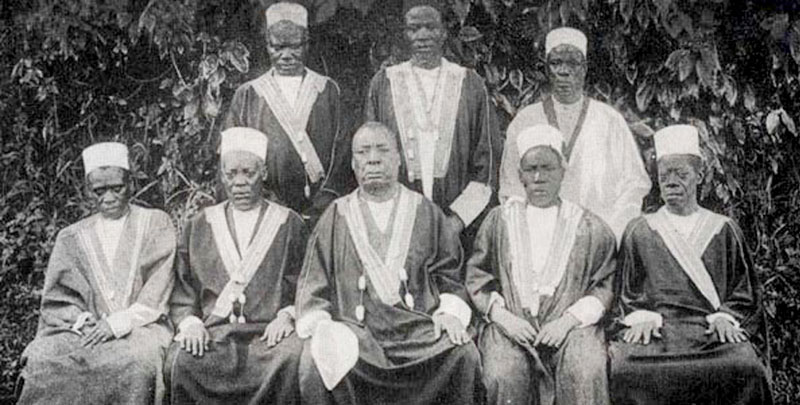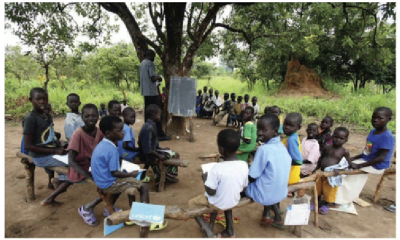News
Withdraw compulsory land acquisition bill – MPs tell gov’t
The Land and Equity Movement in Uganda activists have urged legislators to lobby government to withdraw the constitutional amendment bill 2017.
The bill that is currently under consideration by the parliamentary and legal affairs committee seeks to enable government to compulsorily acquire land for implementation of public infrastructure projects and investments without prior consent and adequate compensation from the land owner.
While presenting the bill in Parliament recently, the Constitutional Amendment would resolve the current problem of delayed implementation of government infrastructure and investment projects due to disputes arising out of compulsory land acquisition process.
The Executive Director, the Land and Equity Movement in Uganda Judy Adoko said that government should first amend the 1965 Land Acquisition Act in accordance with Article 26 of the Constitution that provides for fair, adequate and prompt payment of a land owner before acquisition.
Interacting with the Parliamentary Forum on customary land tenure system, Adoko and other activists said the proposal that the disputed compensation money be deposited with court will turn courts into banks instead of resolving disputes.
“Let government first amend land acquisition act to be in line with article 26 or write a new law to be in line with the same”-Adoko.
Reacting to the second aspect of the proposed amendment bill where government will deposit compensation money in court, if somebody disagrees, Adoko argues that there are provisions in the law that allow an aggrieved party to go to court.
“So, if government is unhappy with one party who rejects the compensation, they need to take the matter to court to urge their case because if you deposit the money in court there is no case…So the amendment is trying to make it easy for government to acquire people’s land without an agreed compensation figure,” Adoko stressed.
She said that instead government should bring an amendment of the land acquisition act because Article 26 was never given an operating environment to operate.
Nwoya District Woman Member of Parliament Lilly Adong said that government should first ensure that people on customary land ownership get land registration certificates before fronting any land law amendments.
Adong said: “Much as the law provides for government to assist the community to systematically demarcate their land or help them acquire certificates of registration, government is not doing this so we ask them to roll-out this throughout the country before talk of amending the law begins. That is our appeal.”
Despite the legal recognition of the customary tenure system under by the 1995 Constitution, the National Land Policy of 2013 recognized that the customary land tenure should be converted to freehold.
Section 237 of the 1995 Constitution provides for the recognition of four tenure systems; customary, freehold, leasehold and mailo which provision was operationalized by the 1998 Land Act.
Meanwhile the Parliamentary and Legal Affairs Committee also asked the Deputy Attorney General Mwesigwa Rukutana and the Lands Minister Betty Amongi to return with more concrete responses regarding its quest for compulsory land acquisition for a public purpose.
The committee chaired by West Budama South MP Jacob Oboth Oboth met directed the minister to reappear on Tuesday next week and respond to issues raised by the committee members on the motive, interests and justification for compulsory acquisition of private land.
Some legislators including Kumi woman MP Monica Amoding, Kampala Central MP Muhammad Nsereko, Bugweri County MP Abdul Katuntu advised government to withdraw the bill when the meeting turned chaotic.
Reminding Rukutana of the Portfolio he was holding at the moment as The Minister of Justice and also Attorney General, Katuntu said the amendment would push Uganda’s domestic debt currently standing at around Ushs2 trillion, would get out of control.
“Attorney General, you have been coming to this committee every year and you have been saying, you have court awards worth over 600 billion shillings you have not paid, so the evidence we have is that actually Government is not good at paying,” said Katuntu.
But Rukutana shot back arguing that amendments aim at creating a win-win situation for both government and property owners without stifling government projects.
The Attorney General added that the problem of delayed government projects has caused significant financial loss to government amounting to millions of dollars in penalties paid to redundant machinery at construction or project sites as the courts attempt to resolve the disputes, most of which relate to quantum of compensation.
Comments


























